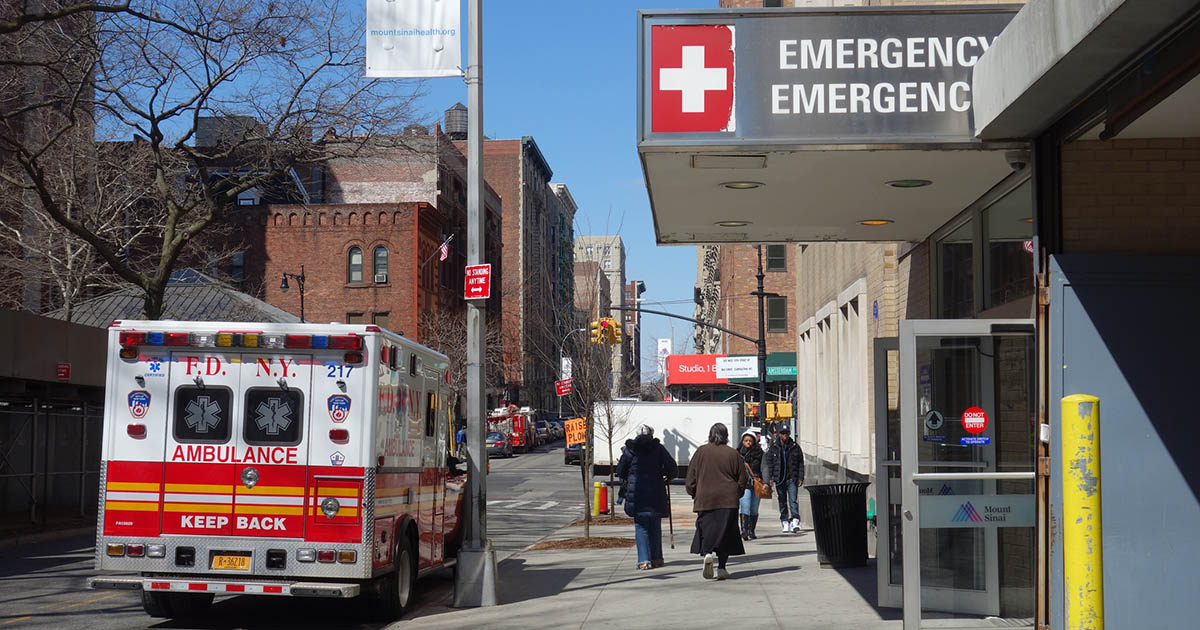Tips For Managing Febrile Seizures
Febrile seizures are seizures young children, typically between six months and five years old, experience because of a high fever. Even if the child has more than one seizure, it does not necessarily mean they will develop epilepsy. It is scary when a child suffers from a febrile seizure. It could be the first time they have one and you do not know what to do. They could have had one before and you are always waiting for another one to come. And, even scarier, you are afraid it will develop into epilepsy. But here are some things to be aware of if you have small children and the chance exists that they may suffer from a febrile seizure.
Place Patient In The Recovery Position

Knowing how to place a seizure patient in the recovery position is important. This position is used for various seizures and should be done after the seizure has stopped. It is important to get the child laying on their side with their top leg laying over the bottom, so they are laying on their side with one arm slightly outstretched and the other on the side of their face touching the ground. Make sure their head is tilted back slightly, as this allows any fluid or contents to drain from their mouth and opens their airway to breathe easier. Getting an unconscious child into this position is important and should not be understated. You do not want them to aspirate vomit or fluids, and this position will help prevent that from happening. Knowing this position can be helpful in various situations.
Keep reading for the next aspect of treating a febrile seizure.
Seek Emergency Treatment

If your child has a high fever and it has led to a febrile seizure that is not stopping or is reoccurring, seek emergency treatment. If the child has only suffered from the one seizure, and it is apparent it is because of a high fever due to an illness, you can probably wait a short while to see the child’s primary doctor to get a check up on their condition. However, as a parent, if your child suffers from a febrile seizure, whether it is the first one you have ever seen or not, you are probably going to rush to the emergency room. Many individuals have never heard of this kind of seizure and do not understand they are generally benign. So, it is beyond frightening to see your child having a seizure, not knowing why, and not really knowing what to do. However, if the seizure goes away and comes back again, the child should definitely receive emergency care. If ever in doubt, having a medical professional evaluate your child is never a bad thing.
Learn more about how to treat a febrile seizure now.
